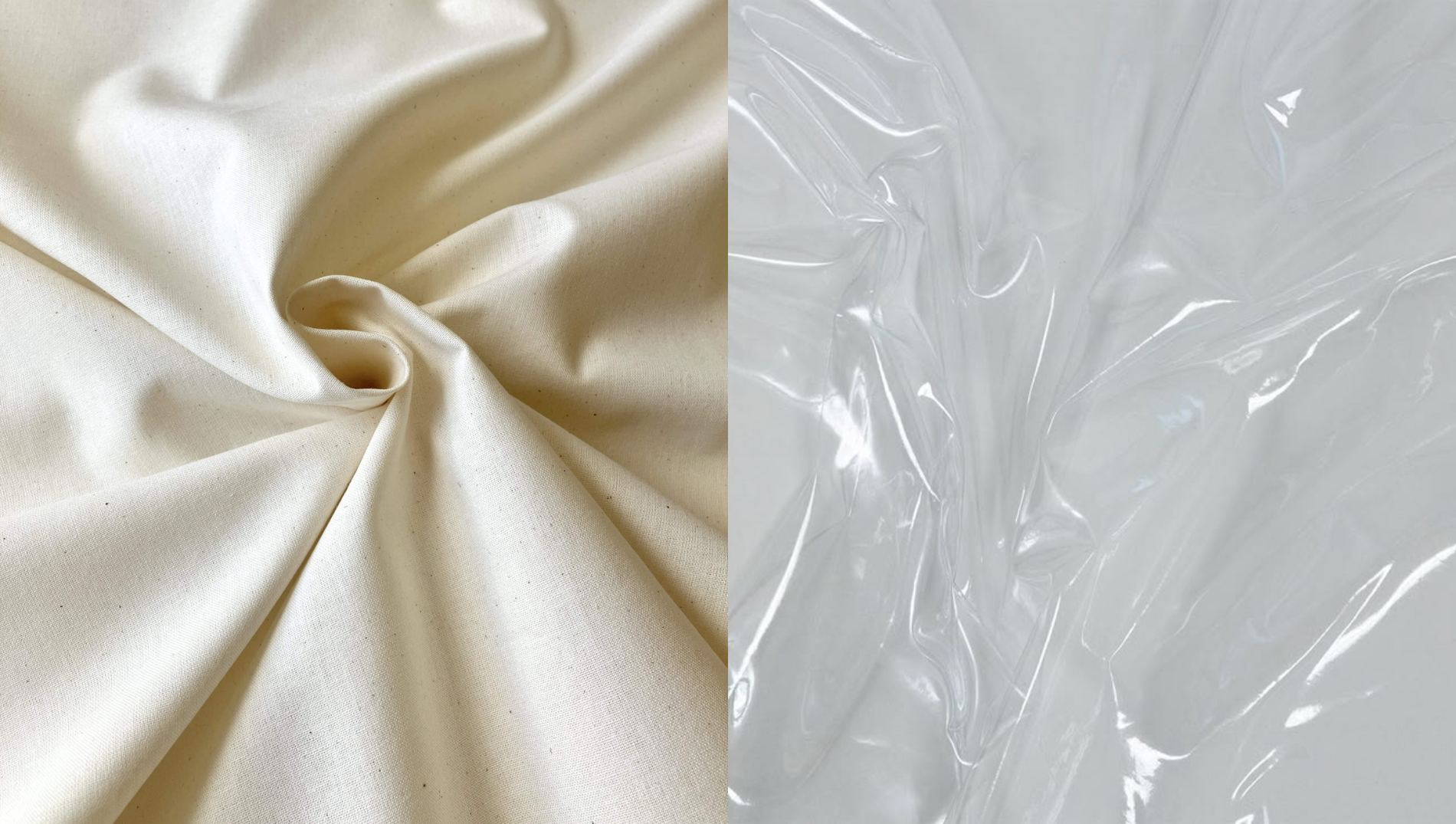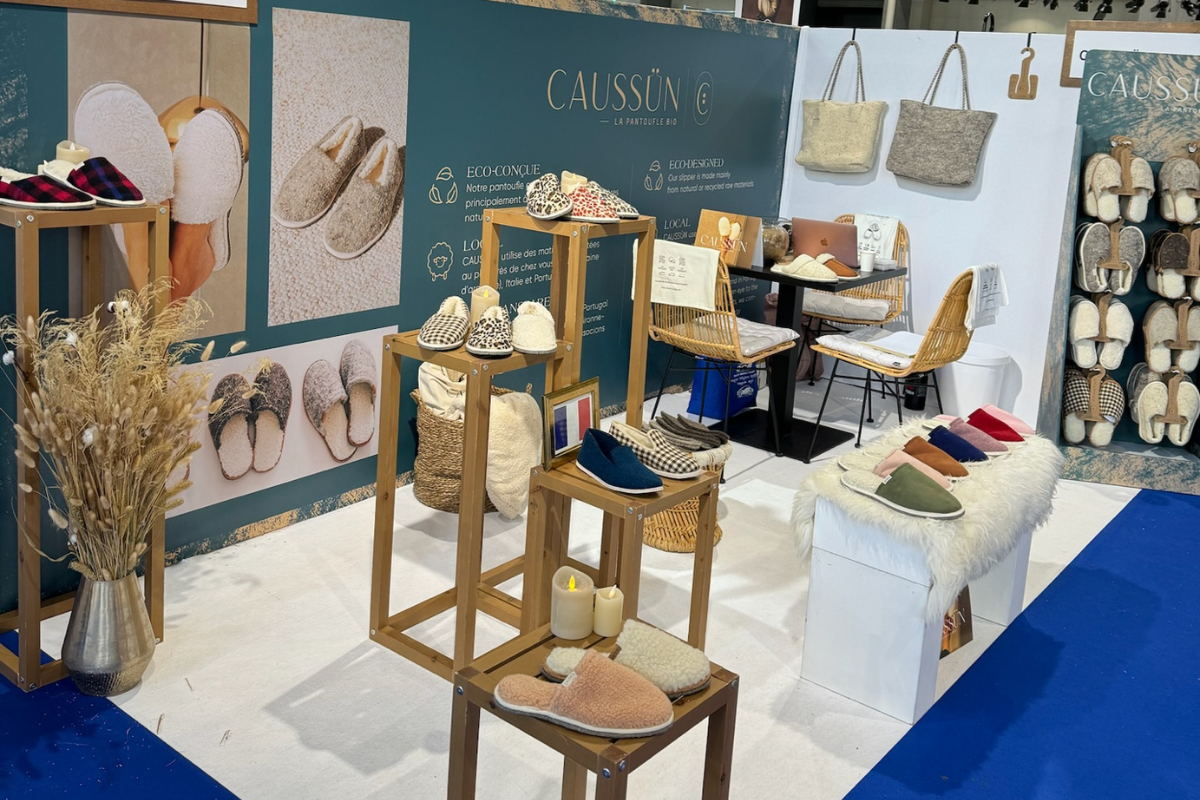
Summer slippers: fabric vs. plastic, which one to choose?
When temperatures rise, we happily swap our winter slippers for a lighter, more breathable version. But with so many options on the market, one question often arises: is it better to choose fabric or plastic summer slippers?
1. Comfort:
Fabric slippers, especially those made from natural materials like cotton, linen, or terrycloth, offer a feeling of softness and freshness. They allow the foot to breathe, prevent perspiration, and easily adapt to the shape of the foot.
Plastic models, on the other hand, may seem practical at first glance, especially given their water resistance. However, they tend to stick to the foot, causing unpleasant friction and increasing heat, which isn't ideal in the middle of summer.
Verdict: Fabric wins hands down for comfort, especially for extended use at home.
2. Durability and maintenance
In terms of longevity, the two materials have different advantages.
Plastic resists water and stains well, making it a good companion for the pool or bathroom. However, it tends to deteriorate more quickly, warp in the sun, or crack.
Fabric slippers, on the other hand, are often machine washable and retain their softness longer. However, they require a little more care to avoid odors or stains.
Verdict: Everyone is free to choose between practicality and sustainability according to their priorities.
3. Style and versatility
Fabric slippers come in a variety of styles, patterns, and colors, adapting to both a cozy atmosphere and a casual summer outfit. They maintain a more elegant and less "plasticky" look, perfect for not looking like you just stepped out of the pool in your living room.
Plastic models, on the other hand, focus more on practicality than aesthetics. They are best suited for outdoor use, but are more difficult to pair with everyday wear.
Verdict: Fabric wins for style and versatility.
4. Ecological impact
This is where the balance clearly tips in favor of fabric, especially if it is made from natural or recycled fibers.
Plastic, even when recycled, remains a petroleum-derived material, less environmentally friendly and more difficult to recycle effectively at the end of its life.
Verdict: Fabric, without hesitation, for more responsible consumption.





Leave a comment
This site is protected by hCaptcha and the hCaptcha Privacy Policy and Terms of Service apply.